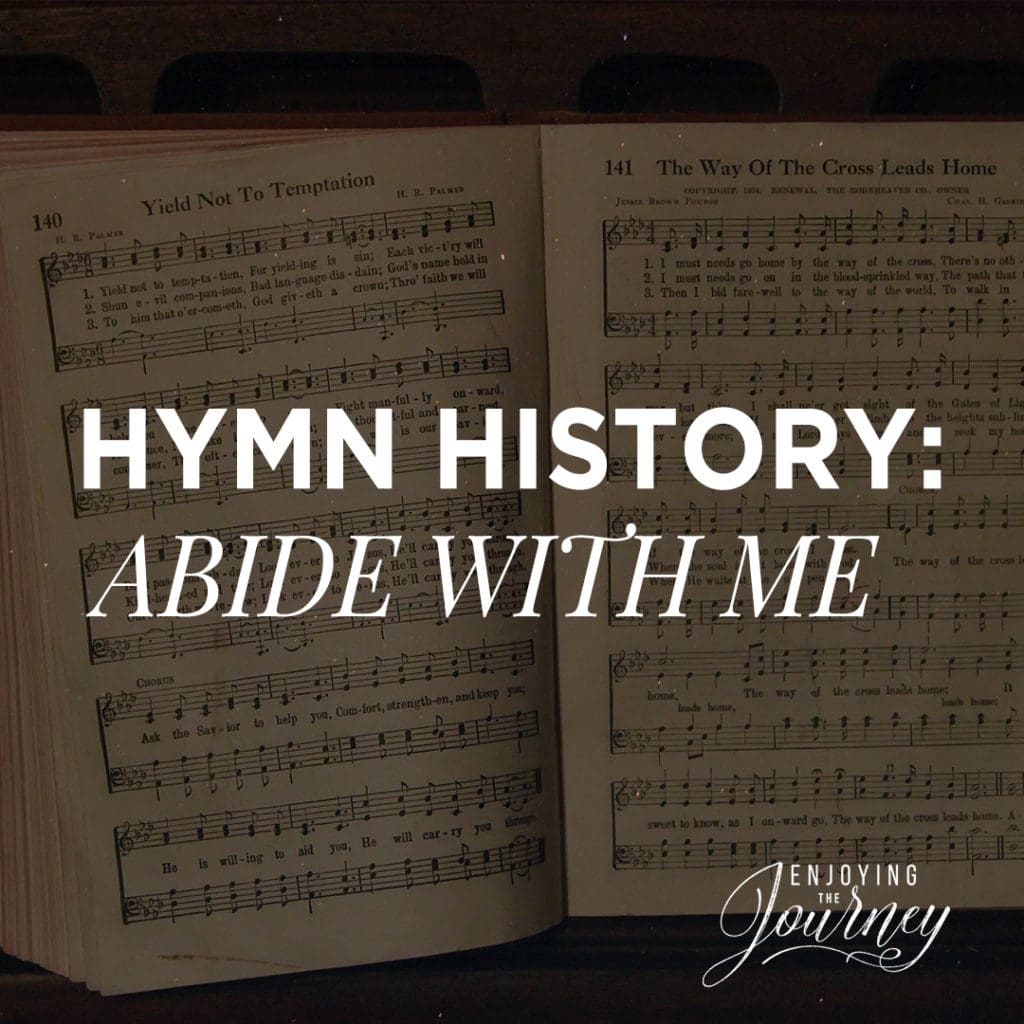
Abide with Me is a hymn that deals with comfort and help. It was written by a Scotsman named Henry Francis Lyte.
Lyte was born in Kelso, Scotland on June 1, 1793. He graduated from Trinity College in Dublin, Ireland, in 1814. During his tenure at Trinity College, Lyte was awarded the English Prize Poem on three occasions.
Henry served nearly half his life as pastor of a church at Brixham, a fishing village in Devonshire, on the southwest coast of England. Later, he died at the age of 54, having faithfully served that congregation for 24 years.
As a child, Lyte had shown promise as a poet and had written religious poetry and hymns throughout his life. However, it was only near the end of his life that he wrote the hymn that would make him famous—”Abide with Me.”
During the last years of his life, Lyte suffered from tuberculosis, the disease that would eventually take his life. A few weeks before his death, he announced that he wanted to preach his last sermon at Brixham. His family was surprised and almost alarmed by him announcing his intention to preach once more to his people. Given his weakness and the possible danger of attempting the effort, he was urged not to do it – but in vain. “It was better to wear out than to rust out” which he often said. He felt that he should be enabled to fulfil his wish, and feared not for the result. His expectation was well founded. He did preach, and amid the breathless attention of his hearers, gave them his final message. It is said that he was so weak that he crawled on his hands and knees to the pulpit and leaned on the pulpit to preach his final sermon to his people. He rested that afternoon in his study, and emerged with his poem, “Abide with Me,” in his hand.
The idea of the hymn comes from Luke 24:29, where the disciples meet but do not recognize the resurrected Jesus. “But they constrained him, saying, Abide with us: for it is toward evening, and the day is far spent. And he went in to tarry with them.”
It seems clear that death was on his mind as he took his walk that afternoon. He was leaving the Brixham congregation because his poor health would no longer permit him to carry on an active ministry there. It must have been clear to him that he was dying. And so he wrote:
“Abide with me: fast falls the eventide;
the darkness deepens; Lord, with me abide.
When other helpers fail and comforts flee,
Help of the helpless, O abide with me.”
Later, he left for a voyage to Italy in order to get away from the cold damp coastal weather. While in route, he mailed a revised copy of the hymn to his wife, Anne. A few days later, on November 20, 1847, while resting in a hotel on the French Riviera, Henry Lyte went home to be with the Lord. A fellow clergyman who with him during his final hours reported that his final words were “Peace! Joy!”
The poem is lovely in both language and sentiment—but it seems odd that a hymn about death could become as popular as this one. But on closer observation, the reason seems clear; this hymn speaks to us, not only about death, but also about life. It assures us of God’s presence and help in life and in death. As it says in the last line of the last verse:
“In life, in death, O Lord, abide with me.”
“In life, in death!” It is not just in death that we need the Lord, but in life as well. And so, when we sing this hymn, we repeat again and again, “Abide with me”—a prayer for God’s presence and a prayer for God’s help.
1. Abide with me: fast falls the eventide;
the darkness deepens; Lord, with me abide.
When other helpers fail and comforts flee,
Help of the helpless, O abide with me.
2. Swift to its close ebbs out life’s little day;
earth’s joys grow dim, its glories pass away.
Change and decay in all around I see.
O thou who changest not, abide with me.
3. I need thy presence every passing hour.
What but thy grace can foil the tempter’s power?
Who like thyself my guide and strength can be?
Through cloud and sunshine, O abide with me.
4. I fear no foe with thee at hand to bless,
ills have no weight, and tears no bitterness.
Where is death’s sting? Where, grave, thy victory?
I triumph still, if thou abide with me.
5. Hold thou thy cross before my closing eyes.
Shine through the gloom and point me to the skies.
Heaven’s morning breaks and earth’s vain shadows flee;
in life, in death, O Lord, abide with me.

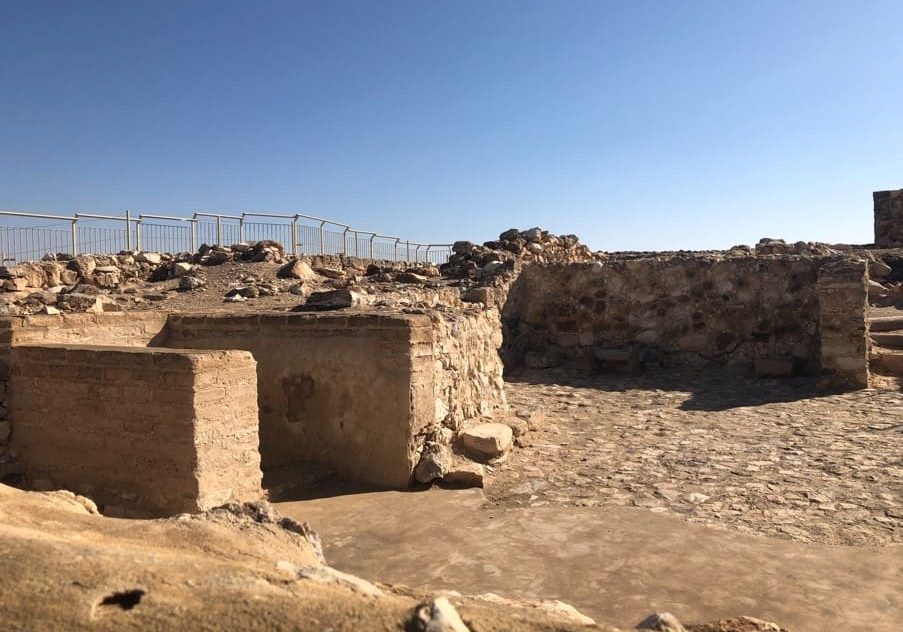
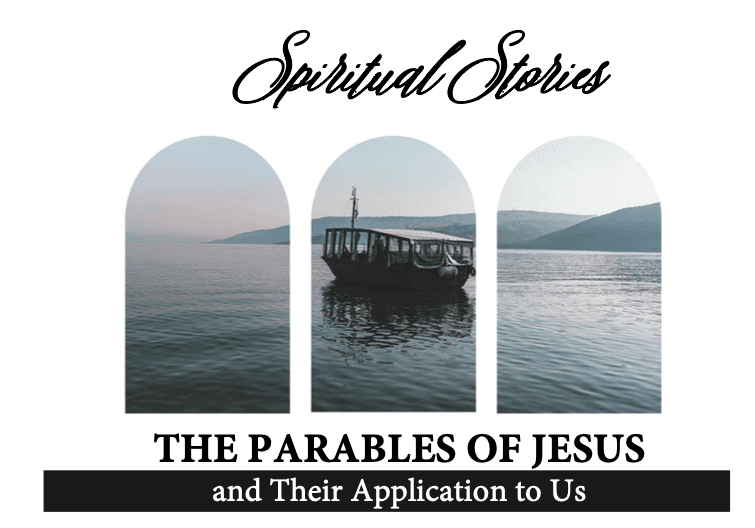

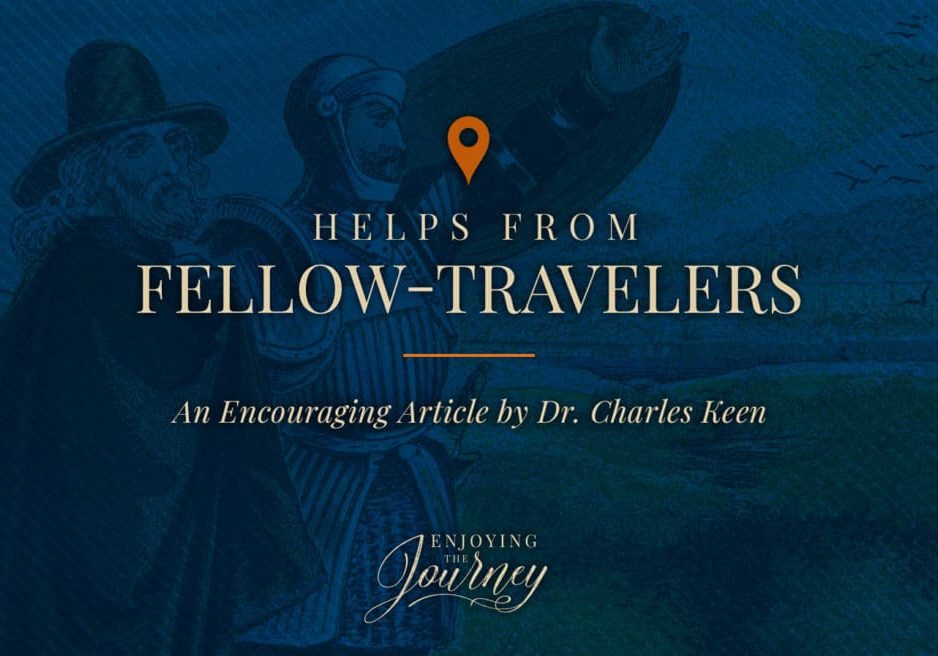
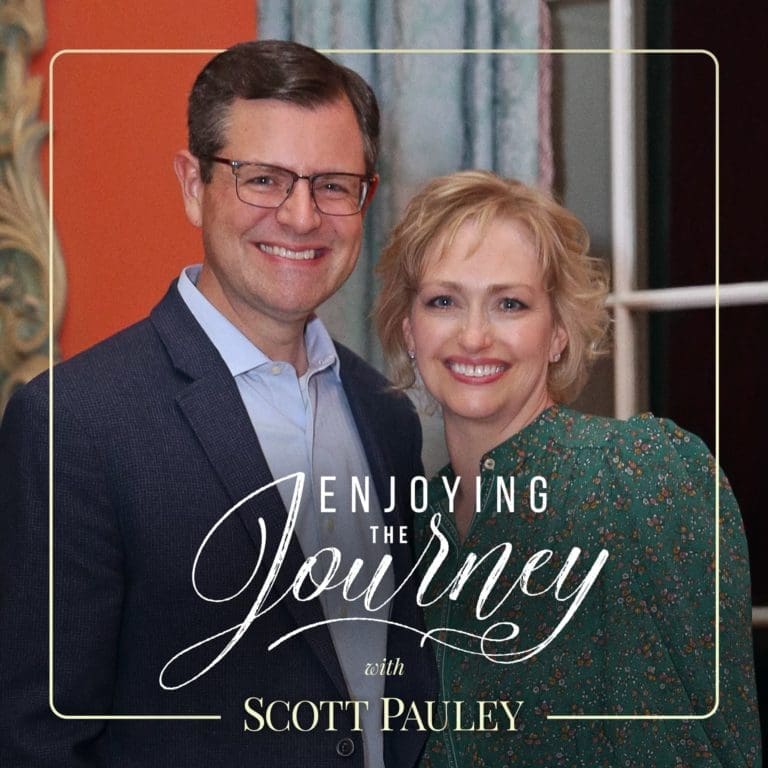

Thanks for the encouraging history. Makes the hymns more meaningful
Thank you dear friend! Hope you and Mrs. Patton are well.